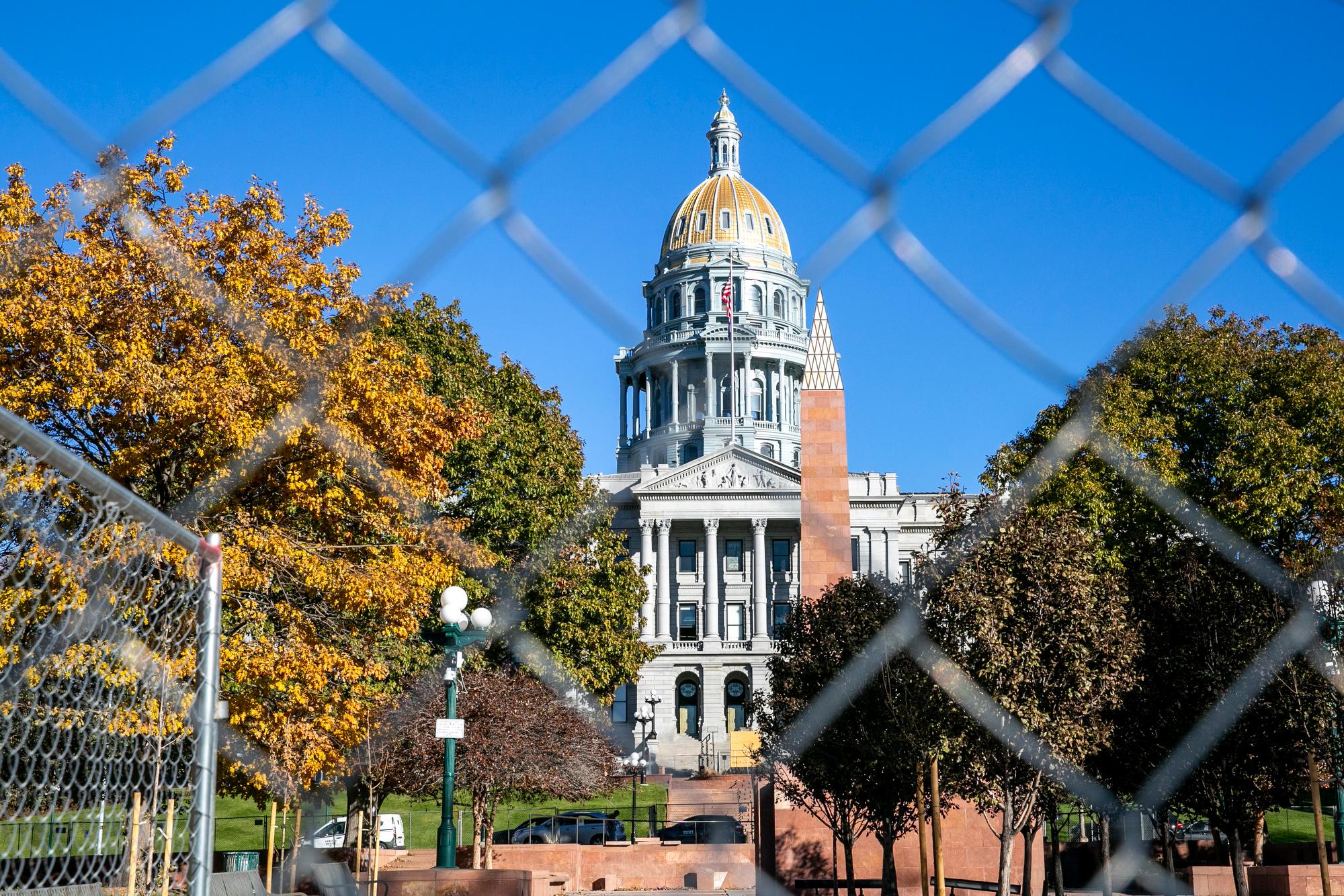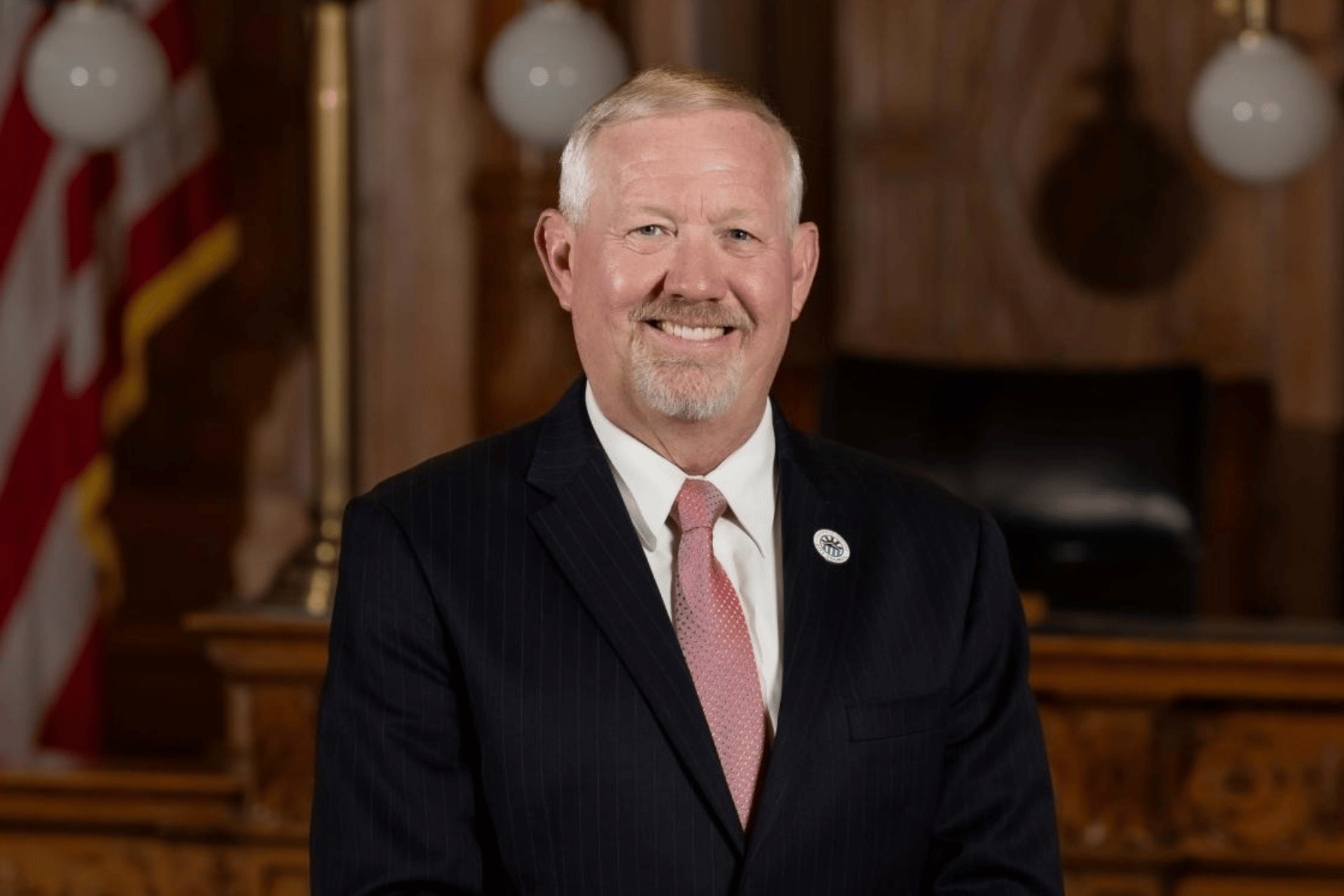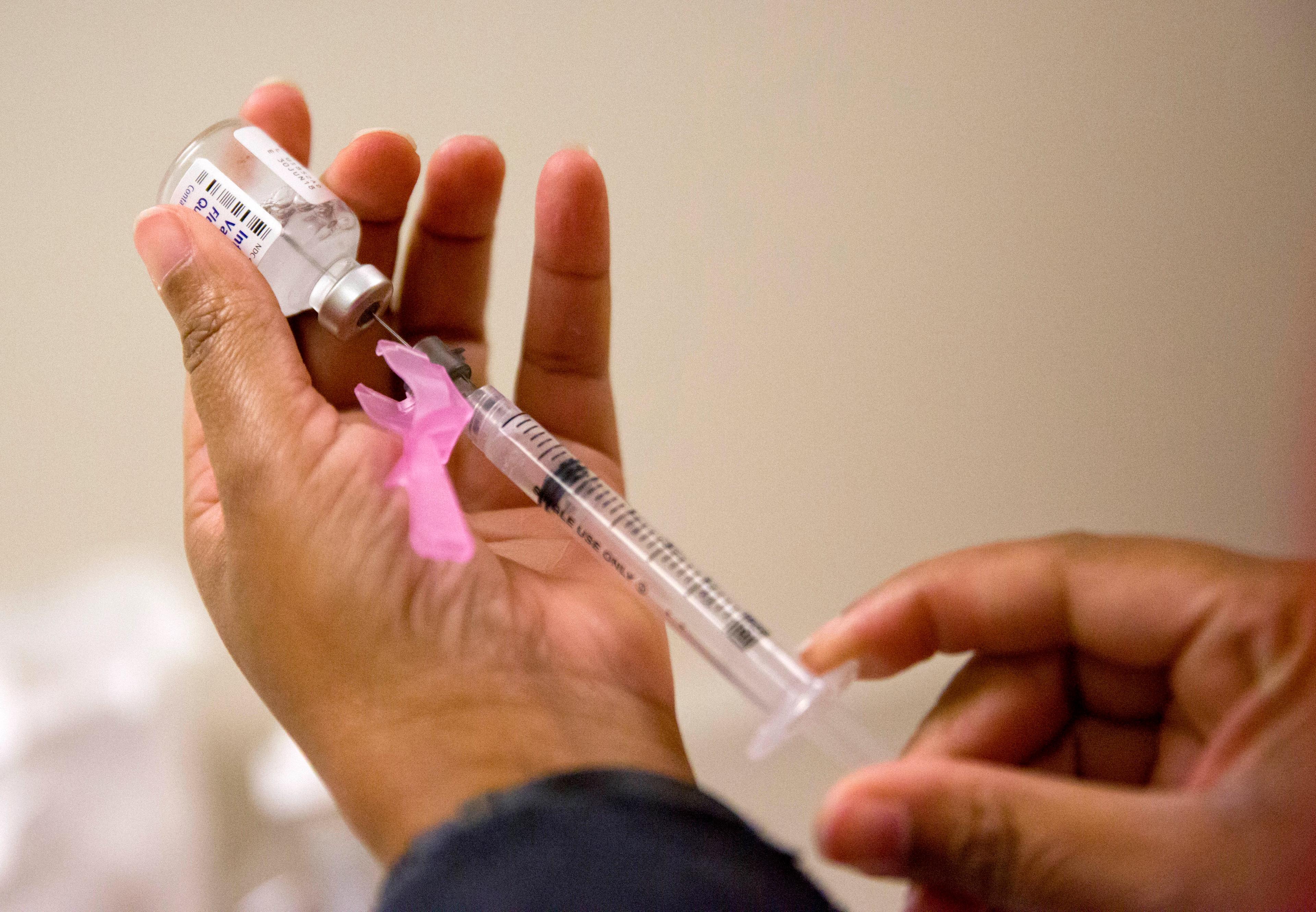
When Colorado’s legislature convenes in January, it will be just a bit bluer after Tuesday’s election results. But in general, the election appears to have done little to change the balance of power in the Capitol.
Lawmakers will also return with some of their priorities already accomplished, thanks to voters. The bipartisan effort to repeal the Gallagher amendment passed, as did a tax on tobacco and vaping products that is intended to eventually fund full-day preschool. Voters also approved a state-run paid family leave initiative, an idea progressives had tried for years to pass at the state legislature, without success.
“There's challenging times ahead, but people should feel confident that they're electing leaders who are accessible, who want to do what's best for Colorado,” said Democratic House Majority Leader Alec Garnett. “While there's a lot of questions that are going to happen outside of Colorado's borders, people in Colorado should feel proud about how we performed just overall in terms of participation and how our system works.”
With Speaker KC Becker on her way out due to term limits, the House Democratic caucus is expected to select Garnett as the next Speaker today when they hold leadership elections. House Republicans and both Senate caucuses will also select their leadership Thursday. Little is expected to change in the Senate. But in the House, minority leader Patrick Neville has announced he will not seek the role again. And numerous House Democrats are vying for the positions of majority leader and assistant majority leader.
In the House, two seats flip, but margins remain the same
Rep. Bri Buentello of Pueblo was the only Democratic incumbent in the state legislature to lose re-election Tuesday. Her district spans three counties in southern Colorado, including conservative Fremont and Otero counties. Preliminary returns show her losing by more than eight points to Republican Stephanie Luck, an attorney who has not held elected office before.
“[Buentello] certainly outperformed Biden, Hickenlooper,” said Matthew McGovern who runs the House Majority Project to elect Democrats to the statehouse. “But on a night when Trump got above 60 percent [in some places in the district], she was just not able to run enough ahead of him.”
Democrats offset Buentello’s loss with a win in Denver’s southern suburbs. David Ortiz, a military combat veteran, edged out Richard Champion, who was appointed to the seat after the previous Representative left for a post in the Trump administration. The party also solidified its hold on some of the seats it picked up in the blue wave two years ago.
“I thought that the elections went roughly the way I expected, with a few surprises,” said Democratic Rep. Brianna Titone of Arvada. She won by just 439 votes in 2018. Preliminary results this year give her a margin of victory closer to 1900 votes.
Titone is Colorado’s first openly transgender state lawmaker and in the final days of her race some voters in her district received transphobic campaign flyers, Facebook ads and robocalls.
Retaining their significant 41-24 vote majority in the House gives Democrats wide leeway to decide what policies they want to focus on; they can afford to lose the votes of numerous members on any given bill.
“Coloradans sent a message loud and clear that they want us to continue moving our state forward and that’s just what we’ll do,” said Democratic Rep. Leslie Herod of Denver, chair of the Colorado Black Democratic Legislative Caucus.
Democrats pick up a seat in the Senate, two more still in play
Denver’s southern suburbs proved friendly to Democrats in the state Senate as well. The party won an open seat in the Centennial and Littleton area that had previously been represented by a Republican. That pick up means Democrats will hold at least 20 seats.
However, the party may come up short in several other seats it was targeting; two races remained too close to call as of Thursday morning, with the Republican incumbents holding onto razor-thin leads.
Republican Sen. Bob Rankin of Carbondale, who serves on the powerful joint budget committee, was up about 360 votes but the contest could end up being close enough to require an automatic recount.
“I have a really good team looking at all the rejected ballots and trying to cure them,” he said. Rankin said he’s still waiting for a substantial number of ballots from Grand county, where voting was impacted by the East Troublesome wildfire, “so is taking longer for those votes to be counted.”
Republican Senator Kevin Priola of Henderson is also ahead in his race although it isn’t yet official. Priola has a long record of working with Democrats in the legislature, but his Adams county district has increasingly trended blue, making him a top target for the party.
“We will, as we always have, continue to advocate for individual liberties, economic opportunity, and limited government going into this next legislative session, and we remain focused on restoring balance in 2022,” said Republican Senate Minority Leader Chris Holbert of Parker.
If Priola and Ranken hold their seats, the state Senate will stand at 20 Democrats to 15 Republicans, a margin that gives the majority party a little more leeway on tough votes, where they could lose a few of their more moderate members.
Democratic Senate President Leroy Garcia says he thinks figuring out where to prioritize spending will be a major part of the upcoming session. “We've got to work to address the challenges around this COVID-19 pandemic. And it's going to be a real challenge, not only because of the pandemic but also we have to recognize the fiscal constraints.”









